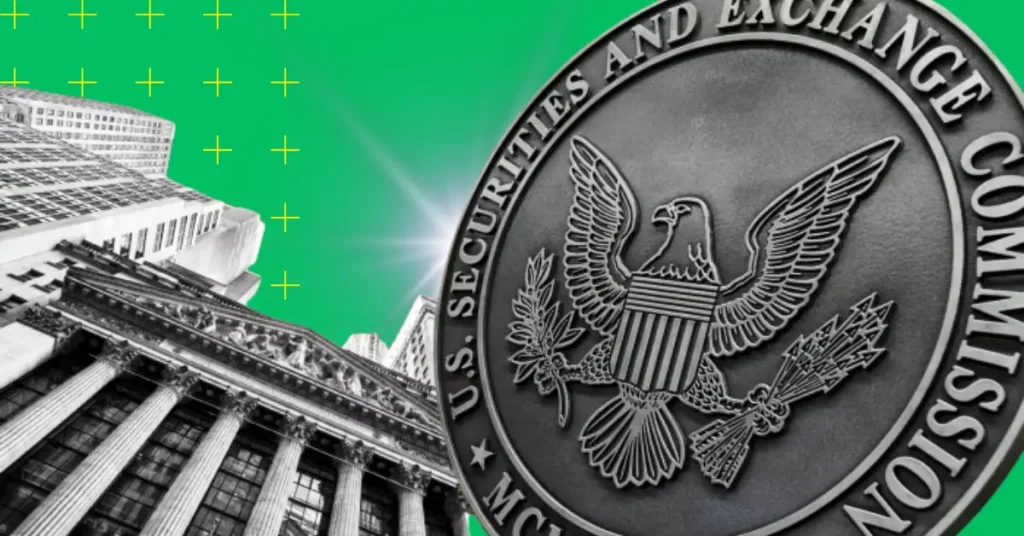
The post XRP News: Strike CEO Calls Out Ripple for Corporate Lobbying, Says They’ve ‘Crossed the Line’ appeared first on Coinpedia Fintech News
Jack Mallers, founder and CEO of Bitcoin financial services platform Strike, recently discussed the growing political push for a Bitcoin Strategic Reserve in the United States. He believes this concept could become one of the most significant economic announcements in US history, drawing comparisons to Nixon’s 1971 decision.
However, Mallers also expressed concerns about the role of Ripple and its involvement in influencing policy. He argued that Ripple, unlike Bitcoin advocates such as Michael Saylor, has not shown faith in its own product. Ripple, Mallers said, distributed 100 billion XRP tokens to itself, selling them to the public instead of holding them. Discussing with Natalie Brunell, he criticized this approach, suggesting that Ripple’s actions are more about corporate self-interest than advancing a public good.
Mallers framed this behavior as a pattern in American economic history, where private corporations act under the guise of serving the public while prioritizing their own agendas. He warned that Ripple’s influence could undermine the broader potential of Bitcoin and its role as a public utility. Mallers believes this is a crucial moment for technological innovation and the future of monetary policy, where the public could benefit from Bitcoin, if corporate lobbying doesn’t steer the course away from it.
“Bitcoin’s a public utility for us, and there’s corporate lobbying that’s trying to take that away and prioritize their interest. So that was my message, and I’m glad that it got some attention. And, you know, Ripple, in my opinion, crossed the line,” he said.
Ripple CEO Weighs In
CEO Brad Garlinghouse recently shared his thoughts on the ongoing XRP vs. Bitcoin debate. He believes the crypto industry can achieve its goals if people work together instead of competing. He stressed that it’s not a zero-sum game.
He also believes if a government digital asset reserve is created, it should represent the whole industry, not just one token like BTC or XRP. Garlinghouse finished by saying that maximalism hurts crypto progress and is glad to see fewer people holding on to this old way of thinking.

 4 months ago
36
4 months ago
36














 English (US) ·
English (US) ·